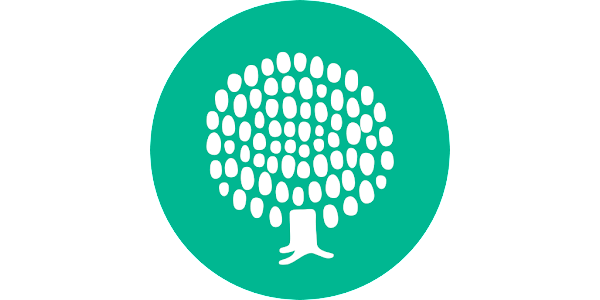
It’s disheartening to see a community platform like #Trustroots https://trustroots.org facing challenges with governance, with issues and tensions among its contributors https://github.com/trustroots-community/trustrots/issues?q= and here https://trustroots.community/ This situation is messy and underscores the importance of establishing healthy governance practices within community-driven projects to ensure their long-term sustainability and effectiveness.
The case of Trustroots alongside the earlier issue of #CouchSurfing are a cautionary tale about the pitfalls of traditional feudalistic #FOSS foundation/ #NGO models for open-source projects. These models may initially foster collaboration and innovation, but easily become susceptible to internal conflicts and power struggles over time.
The #OGB (Open Governance Body) is an alternative approach rooted in a grassroot and inclusive history and ethos. By embracing “producer” sortation, decentralized decision-making and community-led initiatives, projects like #OGB aim to avoid the pitfalls associated with hierarchical governance structures https://hamishcampbell.com/?s=OGB
Examining case studies like Trustroots and CouchSurfing offer insights into the complexities, and outcomes, of managing community platforms and the importance of fostering #4opens transparent, inclusive, and participatory governance to sustain healthy and thriving communities.

We can’t keep making this same mess.
Discover more from Hamish Campbell
Subscribe to get the latest posts sent to your email.